If you’re avoiding tomatoes (or just don’t like them) but craving a pasta night, we’ve got you covered!
What is Nomato Sauce?
Nomato Sauce is just what it sounds like – a rich, marinara-like sauce that’s completely free from tomatoes, an ingredient that may cause inflammation in some people. Check out our favorite recipe below!
Nomato Sauce Recipe
INGREDIENTS
- 1 tbsp olive oil
- 2 cloves garlic, minced
- 1 white onion, diced
- 2 1/2 cup carrots, chopped
- 1 1/4 cups celery, chopped
- 1 1/4 cup beet, chopped
- 1 tbsp fresh basil
- 1 tsp oregano
- 2 tsp parsley
- 1 tsp sea salt
- 1 cup water
- 2 tbsp lemon juice
NOMATO SAUCE RECIPE
- Add olive oil to your instant pot and set it to saute.
- Saute your onions and garlic for 2 minutes before adding in the carrots, beets and celery. Saute for an additional 5 minutes, stirring frequently, then press cancel to turn off the saute function.
- Pour in water and lemon juice and add the seasonings. Stir to combine.
- Lock the lid onto the instant pot and flip the pressure release valve to “closed.” Press “manual” and use the “+” button to set the time to 14 minutes.
- Once the sauce has finished, carefully release the pressure valve. Once depressurized, remove the lid and allow for the sauce to cool before blending until smooth.
- Add additional seasonings to taste and enjoy over a plate of your favorite pasta!
Causes and Symptoms of Inflammation
Inflammation is part of our body’s defense mechanism and plays an important role in the healing process. The swelling and redness that comes with inflammation is a physical sign of your immune system’s defense against harmful bacteria and viruses.
Although some short-term (acute) inflammation is crucial to our body’s health, long-term (chronic) inflammation can cause or be caused by major issues. An anti-inflammatory diet can help to manage symptoms of both acute and chronic inflammation.
Acute Inflammation
Signs of acute inflammation include localized pain, swelling, heat, redness and loss of function, such as a stiff joint or difficulty breathing. These symptoms are caused by a rush of blood to the affected area as your body deploys white blood cells to fight the problem. Acute inflammation usually only lasts a few days, and very rarely is accompanied by increased body temperature.
Chronic Inflammation
Chronic inflammation lasts anywhere from a few weeks to several years. It is linked to diseases like diabetes, cardiovascular disease (CVD), arthritis, allergies, chronic obstructive pulmonary disease (COPD), psoriasis and more. An individual’s symptoms will depend on what kind of disease is causing the chronic inflammation, but will typically include constant pain and fatigue.
People who are elderly, obese, excessively stressed and those who eat fatty, sugary diets and smoke are at a higher risk for developing chronic inflammation.
What is the AIP Diet?
The Autoimmune Protocol Diet, more commonly known as the AIP diet, consists of minimally processed, nutrient-dense foods and reduces symptoms of chronic inflammation by healing leaky gut and eliminating inflammatory ingredients.
Foods to Eat on AIP
- Non-nightshade vegetables
- Tubers
- Wild, grass-fed or free-range meat
- Fermented, probiotic-rich foods
- Olive oil, avocado oil, and coconut oil
- Leafy herbs
- Vinegar
- Natural sweeteners
- Tea
- Bone broth
Foods to Avoid on AIP
- Grains
- Legumes
- Nightshade vegetables (eggplants, peppers, potatoes, tomatoes)
- Eggs
- Dairy
- Nuts and seeds
- Alcohol
- Coffee
- Canola, soybean, corn palm and sunflower oil
- Refined or processed sugars
- Artificial sweeteners
- Trans fats
Other Anti-Inflammatory Diets
Some other diets you can follow to reduce symptoms of inflammation include Paleo and Whole30. Not sure where to start? Every single item on the Snap Kitchen menu is gluten-free, and many are also paleo and Whole30 Approved.
To learn more about nightshade vegetables and how to reduce inflammation, check out these articles on our blog:
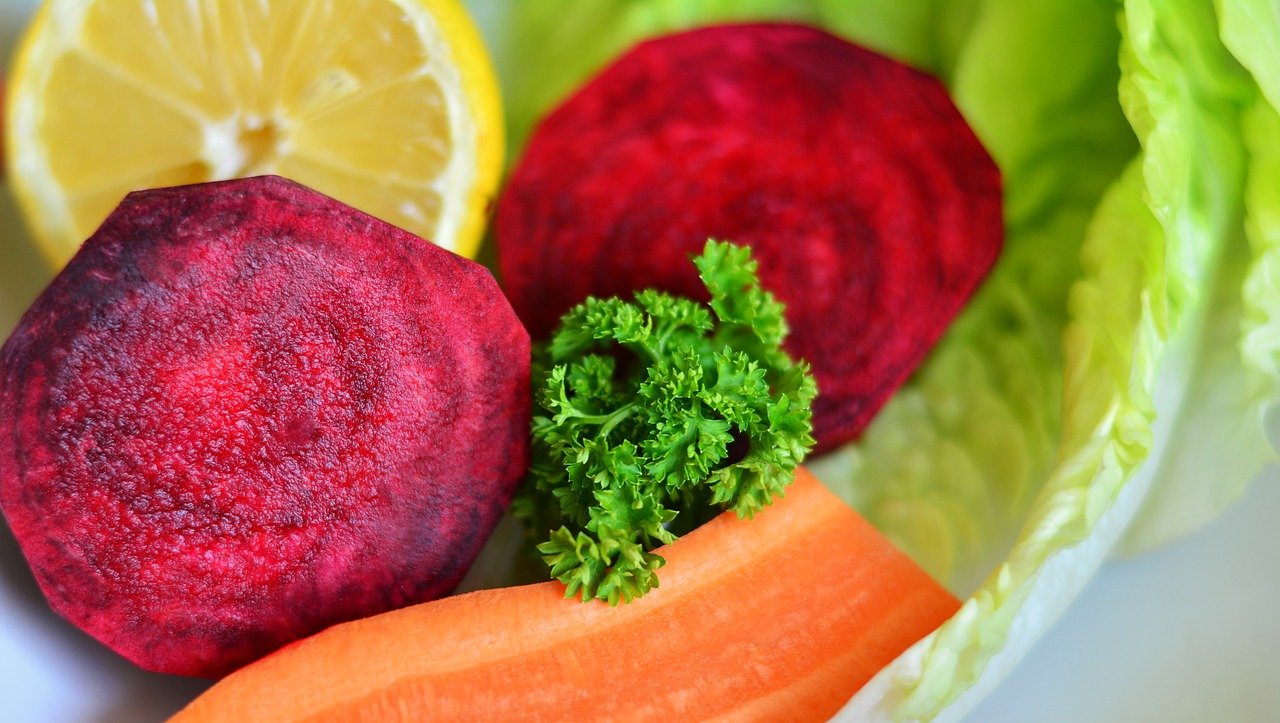
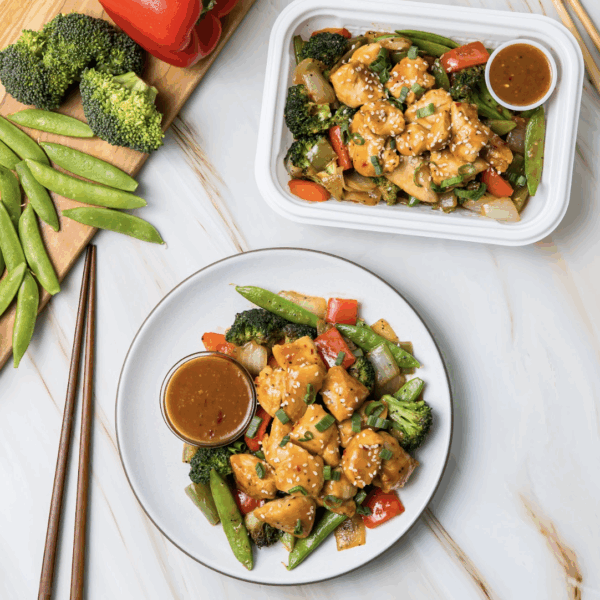
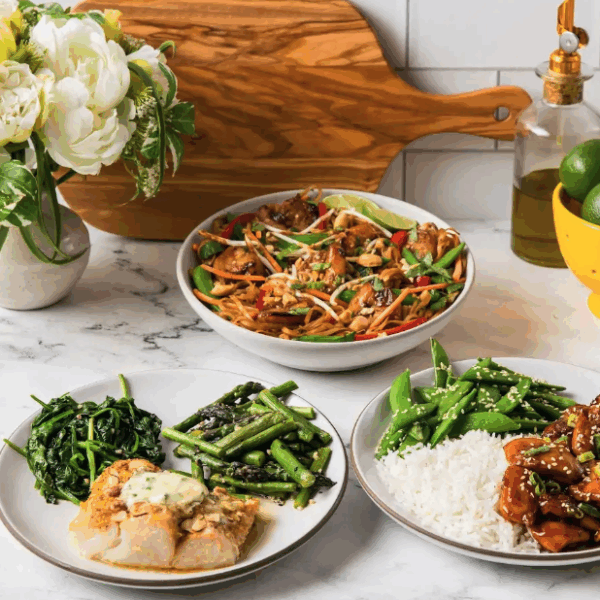
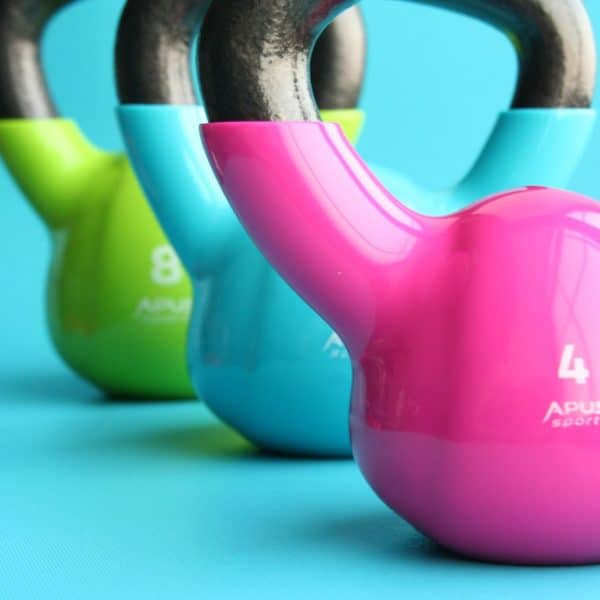
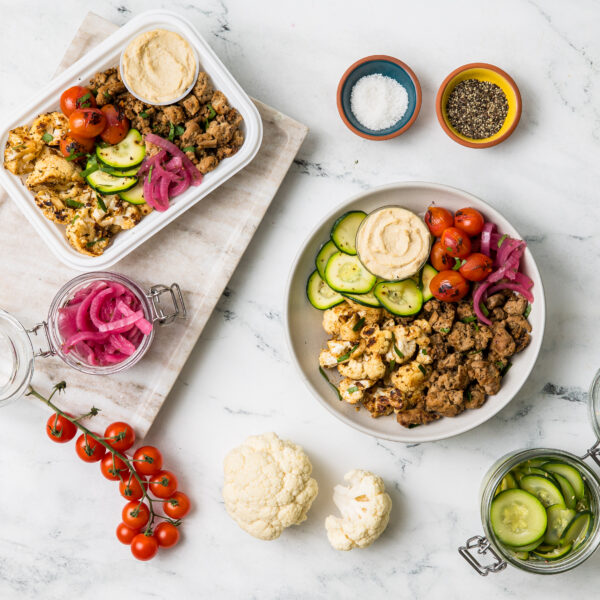
Leave a Reply
No Comments